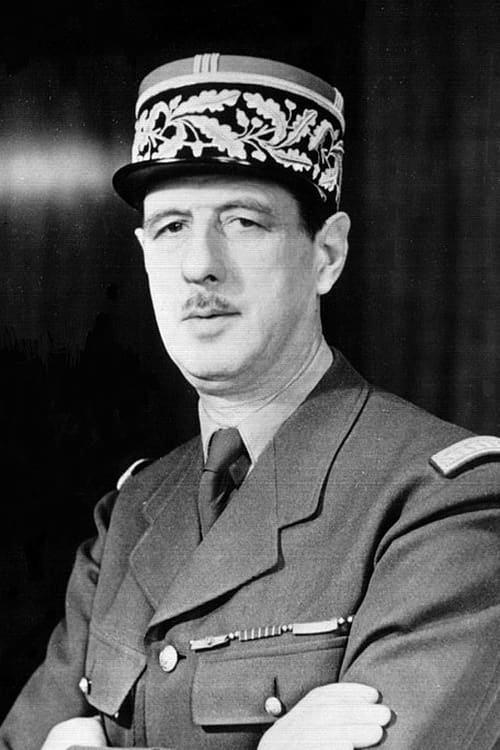Charles de Gaulle
Nacimiento : 1890-11-22, Lille, France
Muerte : 1970-11-09
Historia
Charles André Joseph Marie de Gaulle (22 November 1890 – 9 November 1970) was a French army officer and statesman who led Free France against Nazi Germany in World War II and chaired the Provisional Government of the French Republic from 1944 to 1946 in order to restore democracy in France. In 1958, he came out of retirement when appointed President of the Council of Ministers (Prime Minister) by President René Coty. He rewrote the Constitution of France and founded the Fifth Republic after approval by referendum. He was elected President of France later that year, a position to which he was reelected in 1965 and held until his resignation in 1969.
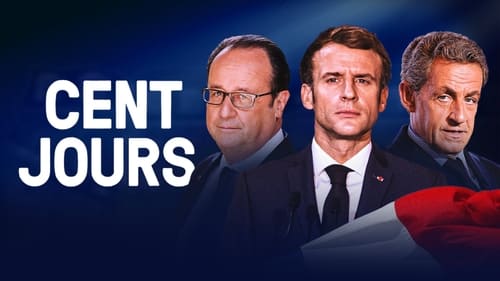
Self
From the first minutes after his inauguration, the newly elected president wants to translate his promises and his campaign project into action. "Change is now", "Change life", "Together everything becomes possible": all campaign slogans promising a break with the past, a change. The first few months were decisive: it was a matter of making a mark, asserting one's style, imposing one's authority and taking the first measures, those that would make a mark on public opinion and set the first lines of the political narrative in history. From 1959 to 2017, the eight successive presidents have acted without delay. Thanks to the many witnesses and actors of these first hundred days, the film retraces the stakes and decisive moments that marked the beginning of each mandate.
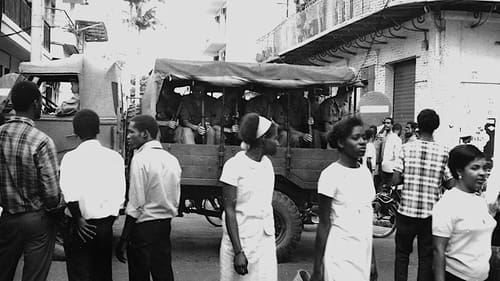
Self (archive footage)

Self - Politician (archive footage)
The amazing story of electronic music: its epic journey from its origins in Europe, at the hands of the great artists of the post-war classical avant-garde, to the great post-industrial cities of the USA, where this genre of genres took over music stores, shady clubs and, eventually, the big stages.
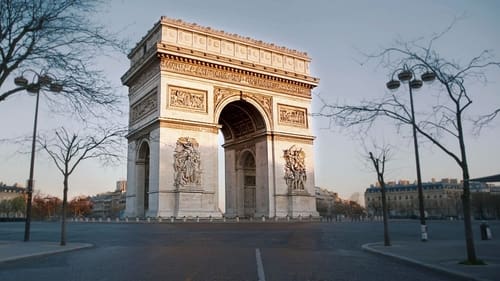
Self (archive footage)
The pride of Napoleon's victories, the Arc de Triomphe, whose first stone was laid in 1806 at the top of the Champs-Élysées, is, along with the Eiffel Tower, one of the most visited monuments in the French capital. Wanted by an emperor, inaugurated under the reign of a king (Louis-Philippe) and sanctuarized by the Republic, this patriotic temple polarizes the passions of a whole nation. A historical portrait before "packaging", which teems with anecdotes and unsuspected details.
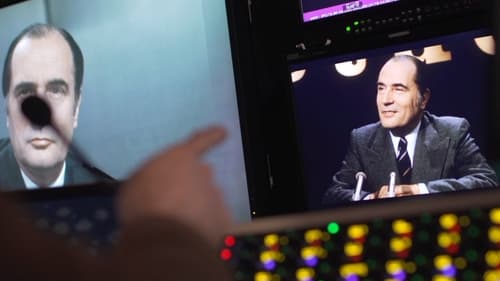
Self (archive footage)
May 10th, 1981. François Mitterrand is elected President of the Republic. The “soviet tanks” supposedly coming upon the Champs-Élysées dressed in red, feared by some, did not march. Serge Moati takes a personal look at this episode, focusing on the relationship the president had with television, that he witnessed and played a role in.

Self (archive footage)

Self (archive footage)
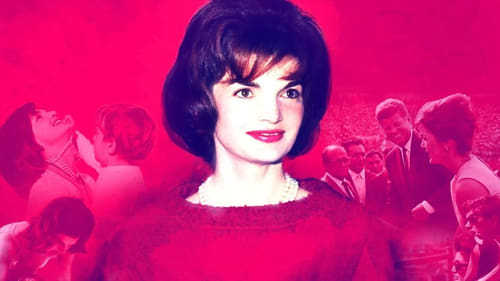
Self (archive footage)
Jackie Kennedy Onassis fue la mujer más famosa del mundo, la descripción viviente de glamur, admirada por todos. Pero Jackie Kennedy Onassis fue, además, una persona compleja, llena de capas y extremadamente reservada, completando así una personalidad enigmática y fascinante. Protagonista de algunos momentos que hicieron historia en el siglo XX, este documental nos propone un recorrido por su figura, desde su imagen como Primera Dama y viuda hasta su menos oficial papel como icono de la moda.Un archivo increíble y varias entrevistas con Jackie y sus amigos nos ofrecen un documental muy completo por el que descubrimos a la mujer que cautivó al mundo mientras controlaba con mano férrea su propia historia.

Self (archive footage)
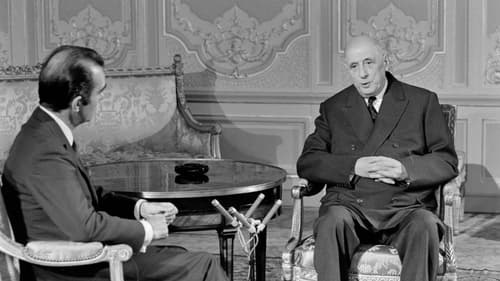
Self (archive footage)

Self (archive footage)
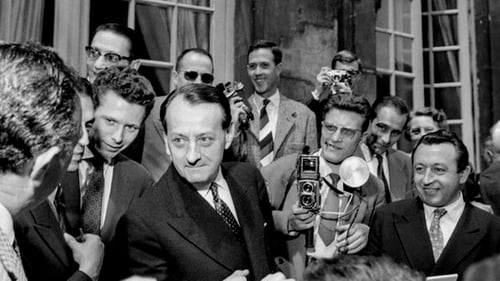
Self - Politician (archive footage)
Escritor, periodista, explorador, cineasta, militante comunista, luchador por la libertad. Verdades y mentiras. Un giro argumental. Político. La sombra del general De Gaulle. Abrumado por el peso del poder. Las numerosas hazañas de André Malraux (1901-1976).
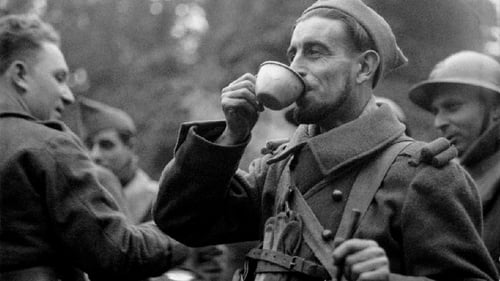
Self - Army Colonel (archive footage)
September 3rd, 1939. Britain and France declare war on Nazi Germany, only two days after the Wehrmacht invades Poland. This day, the sad date when the fate of the world changed forever, the Phoney War began: eight months of uncertainty, preparations, evacuations and skirmishes.

Self (archive footage)
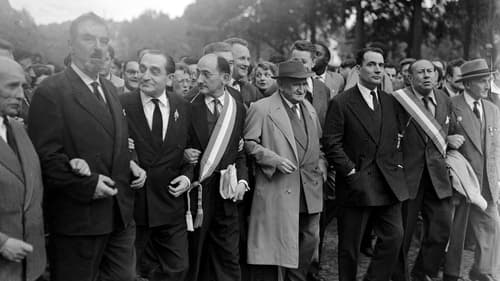
Self (archive footage)
On October 4, 2018, France celebrated the 60th anniversary of the Fifth Republic. It is a republic born in the throes of the Algerian War and one which—from the day it was founded by General de Gaulle until the presidency of a very Jupiterian Emmanuel Macron—has been assailed as a “Republican monarchy” by partisans of a more assertive parliamentarian state. By revisiting the struggle of those who dared oppose the new regime — only to suffer a crushing defeat on September 28, 1958, when they were barely able to garner 20% of the vote against the constitutional text — this film shines a powerful new light on the origins of the Fifth Republic and its consequences for the next 60 years. It is a constitutional debate that planted the seeds for a complete upheaval of the French political landscape, on the left in particular, and set the country in motion toward what would be called the Union of the Left.

Self (voice) (archive footage)
Ciudad de Nueva York, 10 de octubre de 1965. Un grupo de gigantes de madera procedentes de Pamplona, que representan la cultura y las tradiciones vascas, desfilan por la calle; pero las autoridades locales no han permitido la aparición de todos ellos: debido a los prejuicios raciales que persisten en muchos sectores de la sociedad, se ha prohibido la participación de dos gigantes negros.
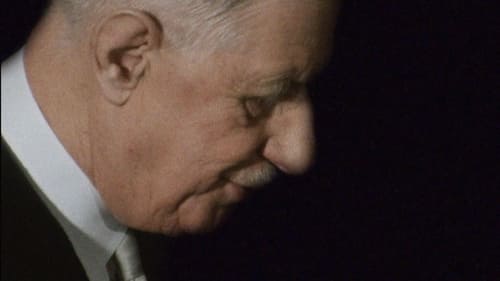
Self (archive footage)
Charles de Gaulle, the first president (1958-1969) of the Vth Republic, France’s current system of government, left his mark on the country . He was statesman of action and has been compared to a monarch. This film depicts the general’s personality through the great events of his presidential term, at a time when the world was undergoing considerable changes.

Self (archive footage)

Self (archive footage)

Self (archive footage)
An attempt to reconstruct the complete version of Pier Paolo Pasolini's segment of La rabbia.
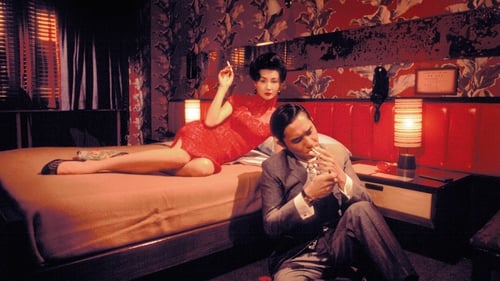
Self (archive footage) (uncredited)
Hong Kong, 1962. Chow, redactor jefe de un diario local, se muda con su mujer a un edificio habitado principalmente por gentes de Shanghai. Allí conoce a Li-zhen, una joven que acaba de instalarse en el mismo edificio con su esposo. Ella es secretaria de una empresa de exportación y su marido está continuamente de viaje de negocios. Como la mujer de Chow también está casi siempre fuera de casa, Li-zhen y Chow pasan cada vez más tiempo juntos y se hacen muy amigos. Un día, ambos descubrirán que sus respectivos cónyuges los están traicionando.

Charles de Gaulle
About De Gaulle's eventful visit to Québec in 1967

Himself (archive footage)
Six stories about Montreal. 1: A young housewife from Toronto samples the nightlife using basic French. 2: The tale of a painting of Montreal's first mayor, Jacques Viger. 3: During a hockey game, Madeleine tries to tell Roger she wants a divorce after forty years of marriage. 4: A visitor to a conference on pictographs arrives at the airport, where the female customs officer steals a momento from each person. 5: As she is being driven to the hospital in an ambulance after an auto accident, Sarah recalls her life. 6: At a diplomatic reception, an older woman reminisces about her grand love in Montreal.
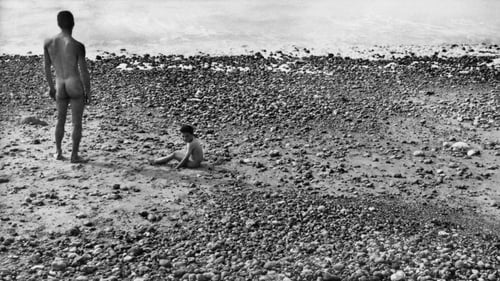
Self (archive footage) (uncredited)
At the sea shore, a goat, a child, and a naked man. This is a photograph taken in 1954 by Agnès Varda. The goat was dead, the child was named Ulysses, and the man was naked. Starting from this frozen image, the film explores the real and the imaginary.
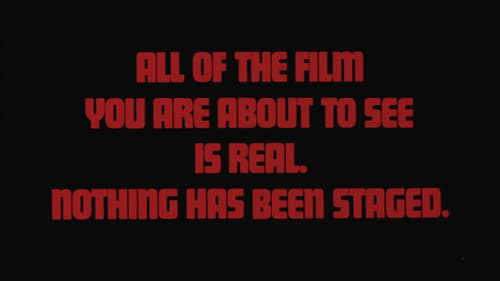
Self (archive footage)
Muestra el desmoronamiento de los valores de la sociedad norteamericana desde mediados del siglo XX hasta principios de los 80, centrándose en la espiral de violencia que recorre el país, y para ello nos muestra una senda donde la moral y la ética parecen brillar con luz propia, mostrando una serie de acontecimientos clave en el desarrollo de la nación tanto a nivel político como en lo más profundo de la subcultura americana.
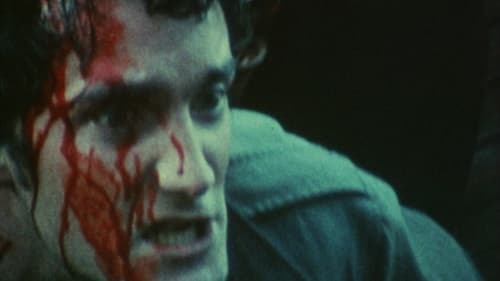
Self (archive footage) (uncredited)
En este documental Marker disecciona los movimientos sociales que surgieron en muchos países del mundo a finales de la década de 1960, además de reflexionar, una vez más, sobre las imágenes y la memoria.
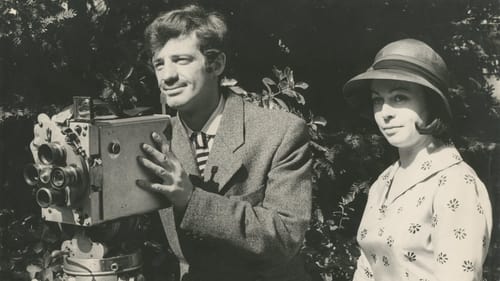
Self (archive footage)
An interesting mixture of filmed scenes with Belmondo and archival footage regarding cultural aspects of all kind around Paris, starting at the end of the 19th century and ending in the mid-1960's. Jean-Paul Belmondo leads us through the movie starting as a young photographer around 1900, a reporter in both world-wars and doing fictional interviews with lots of celebrities.
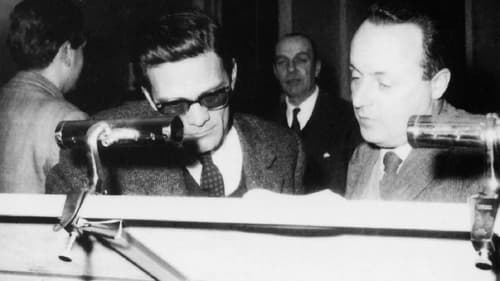
Self (archive footage)
Con imágenes de archivo de los años 50, dos personalidades (Pier Paolo Pasolini y Giovanni Guareschi) responden a la misma pregunta: ¿Por qué nuestras vidas se han caracterizado siempre por el descontento, la angustia y el miedo? La película está dividida en dos partes claramente diferenciadas. En la primera parte, Pasolini responde con su convicción de hombre de izquierda; en la segunda, Guareschi, sustenta la versión conservadora.

Self (archival footage)
A documentary produced by the French armed forces which chronicles the way of France’s “1ere armée” in the second world war from the days it first crossed the Rhine in March of 1945, through the liberation of a POW-camp in Swabia, until the forces reached the Danube and the Alps at the end of the war and the day French troops marched in the victory parade in Berlin.

Himself
Este documental fue dirigido de forma clandestina entre el 16 y 26 de agosto de 1944 por un equipo de realizadores de la Resistencia. Este documento excepcional proporciona un testimonio auténtico e inédito. Se proyectó durante la liberación y el comentario es de época.

"The crime of the cease fire was to capitulate as if France had no empire" - Charles De Gaulle

Himself - with Churchill and FDR (archive footage)
Tras la invasión de Polonia por los alemanes, que marcó el comienzo de la Segunda Guerra Mundial (1939-1945), las tropas del Tercer Reich invadieron Noruega, Dinamarca y los Países Bajos en un auténtico paseo militar. Pero para conquistar toda Europa Occidental era preciso ocupar Francia, una nación que apenas se resistió y acabó firmando una rendición, que sirvió a los alemanes para resarcirse de la humillante paz de Versalles (1919). A partir de ese momento, Gran Bretaña tendrá que hacer frente en solitario a los ataques alemanes. Así comienza la llamada "Batalla de Inglaterra"
Tercero de una serie de documentales de propaganda conocidos como "Why We Fight".

général
